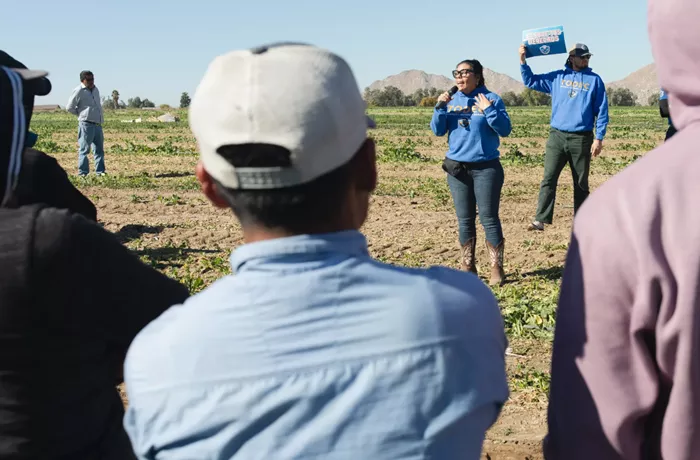President-elect Donald Trump has pledged to significantly reduce both legal and illegal immigration and to intensify deportations starting on his first day in office. In response, many immigrants are scrambling to take protective measures.
Immigrants, particularly those with uncertain legal status, are flooding immigration lawyers’ offices, attending informational meetings, and filing for asylum or citizenship to shield themselves from potential deportations. Inna Simakovsky, an immigration lawyer in Ohio, said her office has been overwhelmed with consultations, as immigrants fear the sweeping changes promised by Trump.
Many legal permanent residents are fast-tracking citizenship applications, while others with weaker legal standing or who entered the U.S. illegally are filing for asylum. Those in relationships with U.S. citizens are hastening marriage plans to gain eligibility for a green card.
Trump’s immigration stance has sparked widespread panic, especially among those with uncertain legal status. Yaneth Campuzano, a Houston software engineer brought to the U.S. from Mexico as an infant, is rushing to marry her U.S. citizen fiancé before the inauguration to solidify her status. “Only after my status is secure will I be able to breathe again,” she said.
Trump’s immigration promises have intensified concerns. While President Biden has faced criticism for border chaos, Trump’s plan includes mass deportations, with his advisor Stephen Miller proposing the creation of vast holding facilities for detainees. Trump has also signaled plans to use the military to enforce deportations.
During his first term, Trump deported about 1.5 million people, while Biden has removed a similar number. Deportations at this scale have not been seen since the 1950s, and Trump’s administration is planning to expand detention centers to handle large numbers of deportations.
For people like Sergio Teran, a green-card holder from Venezuela, the uncertainty surrounding Trump’s presidency led him to apply for U.S. citizenship sooner than expected. “With a green card, you can still be deported. I feel much more secure knowing my citizenship is in process,” Teran said.
In addition to Stephen Miller, Trump has appointed other hardline immigration figures, including Thomas Homan, former head of Immigration and Customs Enforcement, to oversee his immigration agenda. Homan has emphasized deporting criminals and people with outstanding deportation orders, while also indicating that workplace raids will be used to target undocumented immigrants.
Even in California, where immigrant protections were strengthened during Trump’s first term, there is growing fear. Silvia Campos, an undocumented Mexican farmworker in Riverside County, said the constant flow of information about Trump’s immigration plans on Spanish-language media has made her feel especially vulnerable. “We have to prepare for the worst,” she said.
Organizations like TODEC Legal Center are working to inform immigrants about their rights. Luz Gallegos, the center’s executive director, said that while they aim to reduce fear, they also want immigrants to be prepared for any situation. In Southern California, the center has been holding standing-room-only sessions for farmworkers, many of whom are undocumented.
Vinchenzo Marinero, a DACA recipient in Dallas, has also been rushing to secure his legal status. Without DACA, he risks losing his job and his home. While his lawyer advises renewing DACA to extend his stay, he is uncertain about the program’s future under the new administration.
In response to growing concerns, some U.S. universities are quietly considering measures to protect their international and undocumented students. Many have begun exploring the possibility of sponsoring DACA recipients for work visas to provide a temporary solution. Universities are also advising international students to remain in the U.S. over the winter break to avoid potential complications if they travel abroad.
As Trump’s inauguration approaches, the uncertainty surrounding immigration policy continues to drive fear and action among immigrants in the U.S.
Related topics:
- Palestinian Canadians Decry ‘Betrayal’ Over Struggling Gaza Visa Program
- Immigration Soars by 50.9% Last Year, Ranking Second in OECD
- Ecuador Shifts Immigration Processes Online, Leading to Longer Wait Times


